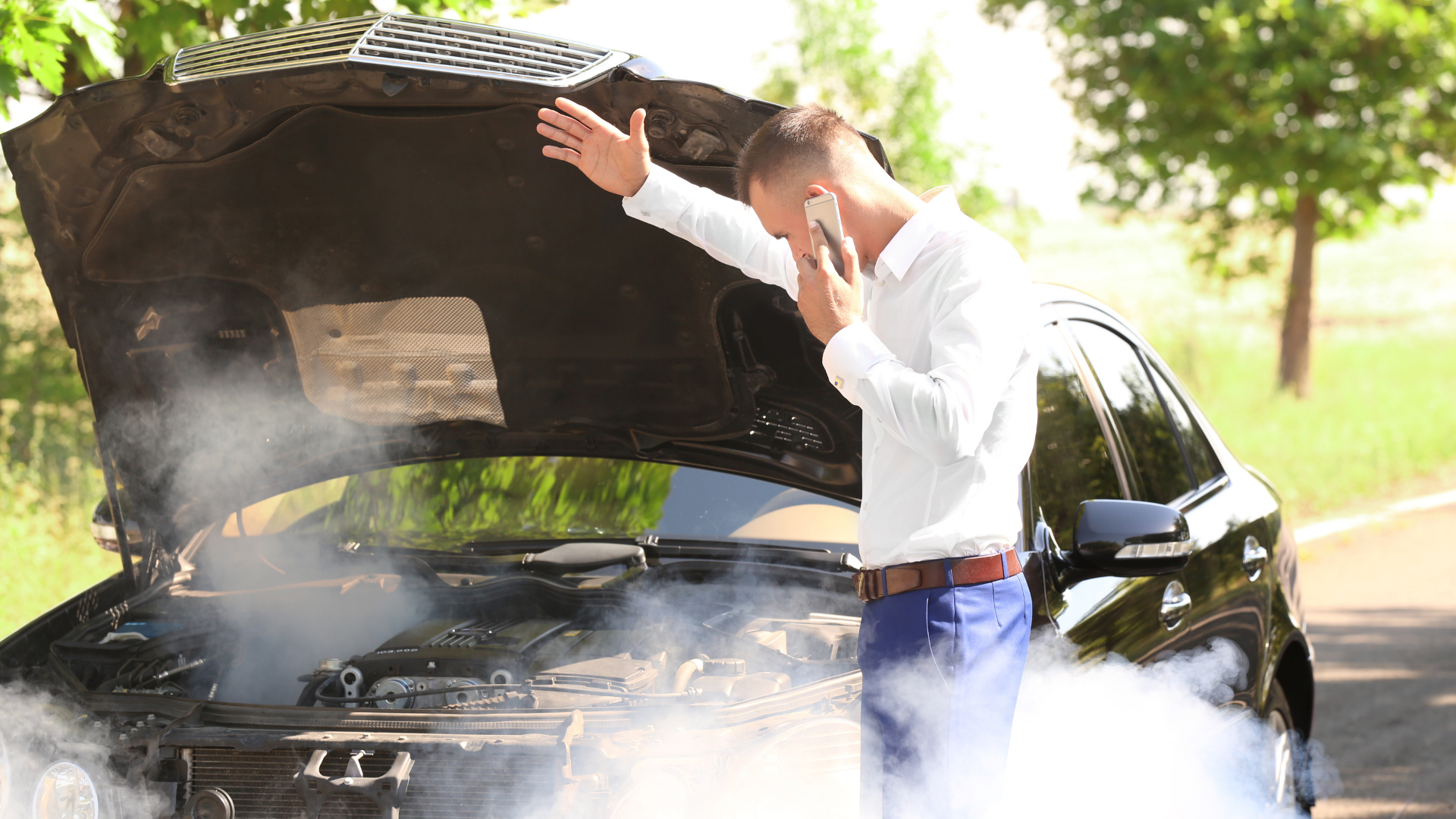Car overheating can be a serious problem, especially if you have to drive on hot days without air conditioning. But there is some comfort in the fact that car overheating is not a rare occurrence. It happens to thousands of cars every year, and the majority of them have been driving for more than two years. Overheated vehicles are dangerous and scary experiences. For example, if your car overheats, you may not be able to stop it, which can lead to injury, property damage, and even death. Here is what you can do to prevent your car from overheating, and if the situation arises, how to cool your car down and how to safely stop it from overheating.
Here’s what you can do to stop the overheating:
Look for a safe place to pull over
Pull over to the curb, turn off the car and let it cool down for a few minutes. This is a good habit to get into because vehicles overheat much more often than normal, and unscheduled stops for “check engine” repairs can be hazardous to your health. The problem is, spotting overheating in a parked car takes time, and with every minute that passes, the temperature inside might rise to the point where it could catch fire.
Restart the engine
Your car may be old, but it works fine most of the time. It’s just when you don’t drive it very often that it starts to get a little tired. If you ignore your car’s warning signs – be it a puffed-up engine compartment or a creak in the chassis – then it can quickly overheat, which leads to a major failure. Check if there is anything wrong with the solenoid, the part that helps start the car between the ignition and the engine. You might want to get one of Woodward Solenoids or any similar designers.
Add some coolant
The rule of thumb for most vehicles is to add coolant when your engine temperature reaches 210 Fahrenheit. You should preferably use distilled water (you can buy some from Golyath distilled water suppliers or similar sources) over regular water, as the former can prevent corrosion and scale formation that the latter can cause. However, there are many factors that influence when your engine should reach 210 , and your vehicle may have different cooling requirements than others. Some vehicles need to cool down before adding coolant, while some coolant additives are best added at a higher temperature. On top of that, just how much coolant you should add will vary depending on the brand of coolant you use.
Take a look at your car engine. It’s more than just a motor that runs the wheels. It’s a computer that’s housing an electric motor, a battery, and sensors that allow it to respond to your driving habits. It’s also computerized and controlled by a microprocessor programmed with the engine’s operating system. That means that if something goes wrong, your engine’s asking for help.
Off the AC and crank the heat
In most cases, overheating is the result of a lack of proper maintenance. But, when your car overheats, you can still do something about it. One thing you shouldn’t do is open your windows to let out the heat. Instead, when your car overheats, your first course of action is to pull over and turn on your hazard lights. Then, you should try and cool your car down by running your AC. The summer months are upon us, and that means the temperature is rising. As your car starts to overheat, you may either choose to deal with the situation or choose to take action.
It can be terrifying when your car overheats, especially on a road trip. Most car owners fear that damage will be done. As a result, most people don’t bother to get their car checked. Many people choose to ignore their car’s symptoms and hope that a cool down will solve the problem. Unfortunately, this may not be the best course of action. Freeing up your car’s radiator will prevent further damage to your vehicle. There’s no doubt that many car owners are aware of the serious risks of driving with the engine not properly cooled. However, you may not know that the symptoms of overheating are usually much worse than you think.
Car engines are complex machines, and there are a lot of things that can go wrong. Keeping your car running well can reduce the risk of a breakdown, but if you take your car to a garage regularly, you should be able to spot the warning signs of a problem (or a potential problem) before it leads to a breakdown.

